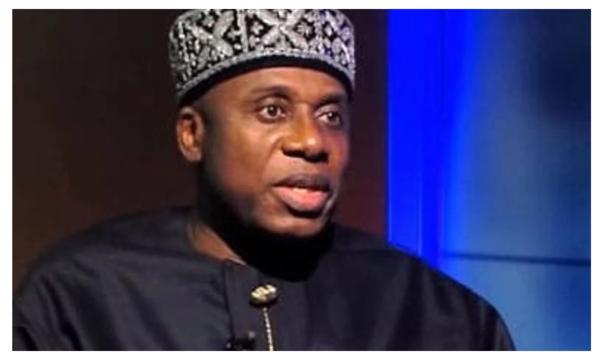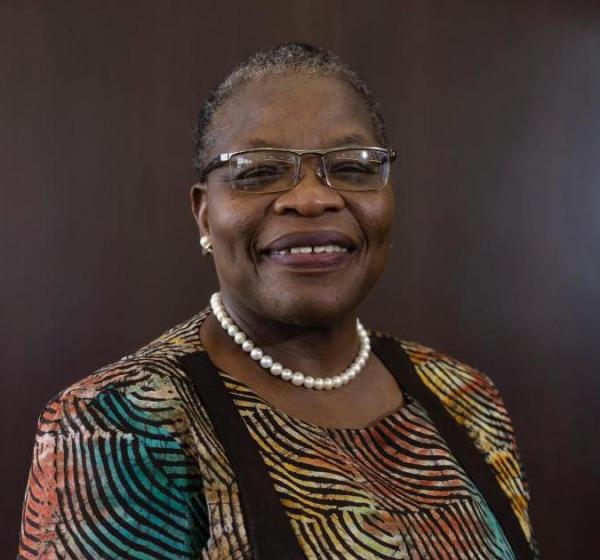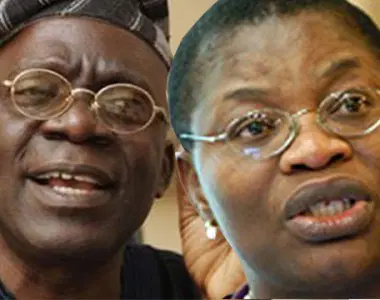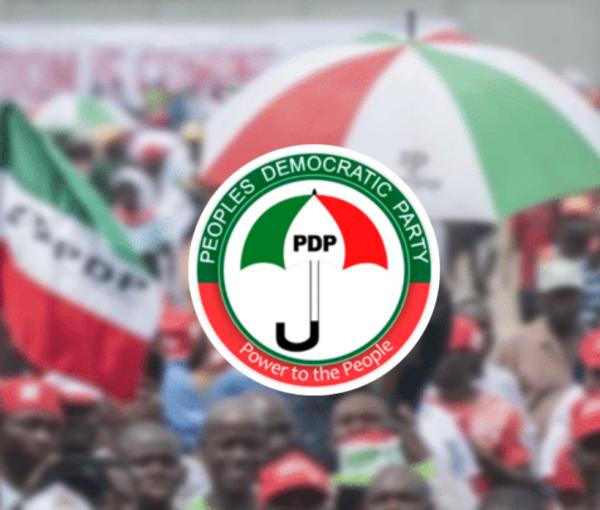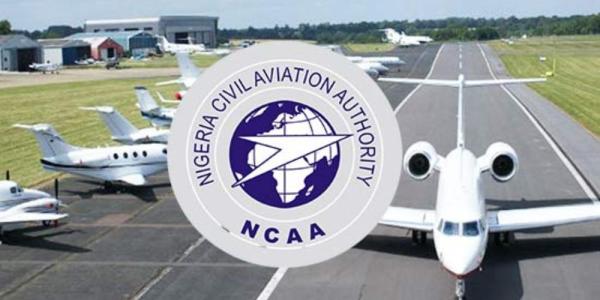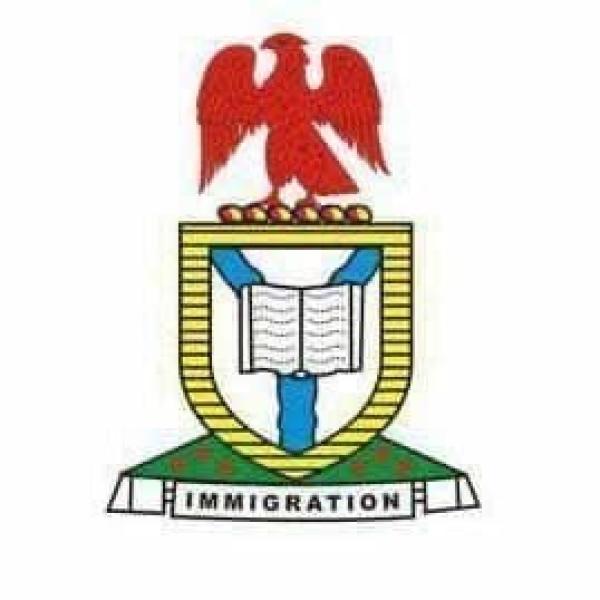
The Airline Operators of Nigeria has disclosed that the contentious $11.50 fee scheduled to begin on December 1 originated from the Nigeria Immigration Service but was publicised and slated for implementation by the Nigeria Civil Aviation Authority.
The association characterised the charge as an added strain on an already fragile aviation industry and an extra weight on operators, even though it will ultimately be borne by passengers.
During a conversation with reporters on Wednesday, Prof. Obiora Okonkwo, the AON spokesperson and Chairman of United Nigeria Airlines, voiced serious concern about the increasing number of levies imposed on airlines.
He maintained that the new charge was needless and harmful to the well-being of the aviation sector. He noted that the rising taxes are pushing many airlines to the brink, urging the government to extend support to domestic carriers just as advanced countries do for their own airlines.
He argued that the new fee was unnecessary and counterproductive to the health of the aviation industry. He said multiple taxes are beginning to force many airlines to their knees, appealing to the government to support domestic airlines just like developed nations do with their carriers.
According to Okonkwo, the Nigerian aviation sector has been under immense financial pressure due to multiple levies, taxes, and regulatory fees from various government agencies.
The AON spokesperson said the operators pay for everything aviation agencies do for them, while lamenting that the $11.50 charge was yet another example of policy inconsistency and poor coordination between agencies.
Additionally, Okonkwo said, “Aviation has turned into an elephant where lots of people are feeding on, and the operators are the ones doing the job. First, it was $20 for security, and one wonders what security they provided. The $11.50 is coming from immigration, and we already have the $20 for security. If you recall the controversy that greeted the $20 charge, they just collect this money and put it in one account.
“This money was collected for many years. It was when a subsequent government came in, and the minister discovered that there was money in there and embarked on some innovation. If you collect what is supposed to be for security and put corporate service or renovation or staff welfare, or any other thing, that is clearly collecting money under a pretense! That is dubious.”
While questioning what kind of security the NIS provides at the airport, Okonkwo recalled that the NCAA had, some years ago, introduced a $20 security charge on international flights, a policy that was widely criticized by the industry.
The AON spokesperson warned that these fees would inevitably lead to higher ticket prices for passengers and could make Nigeria a less attractive hub for international travel.
“This $11.50 is from immigration. They said there is a need for passenger profiling, and it applies to international passengers, which means that before passengers land, they already capture their data. My question is, is that amount commensurate with what other people charge elsewhere? How does immigration play a security role?” he questioned.
Okonkwo, however, appealed to the government to see reasons with the airline operators, saying that if the operators operate with ease, the country will be the biggest beneficiary of such an effect.
Earlier, the United Nigeria Airlines boss had called on the Federal Government to make single-digit interest loans accessible to operators in the industry, stressing that a nation’s success depends heavily on the efficiency of its transportation system, particularly aviation.
Okonkwo added that President Bola Tinubu’s ambition of achieving a $1trn economy will be unattainable without a thriving aviation sector.
He said, “However, we are appealing to the Nigerian government to continue to support the aviation industry. A $1trn economy can never be achieved without aviation. What we are asking for is a single-digit interest because we are competing with international airlines that have access to credit facilities and also have government backing.”
Contacted, the National Spokesperson of the NIS, Akinsola Akinlabi, promised to seek clarification and get back to our correspondent on the matter, but never did till press time. Afterwards, multiple calls put across to him were not picked up or returned.













